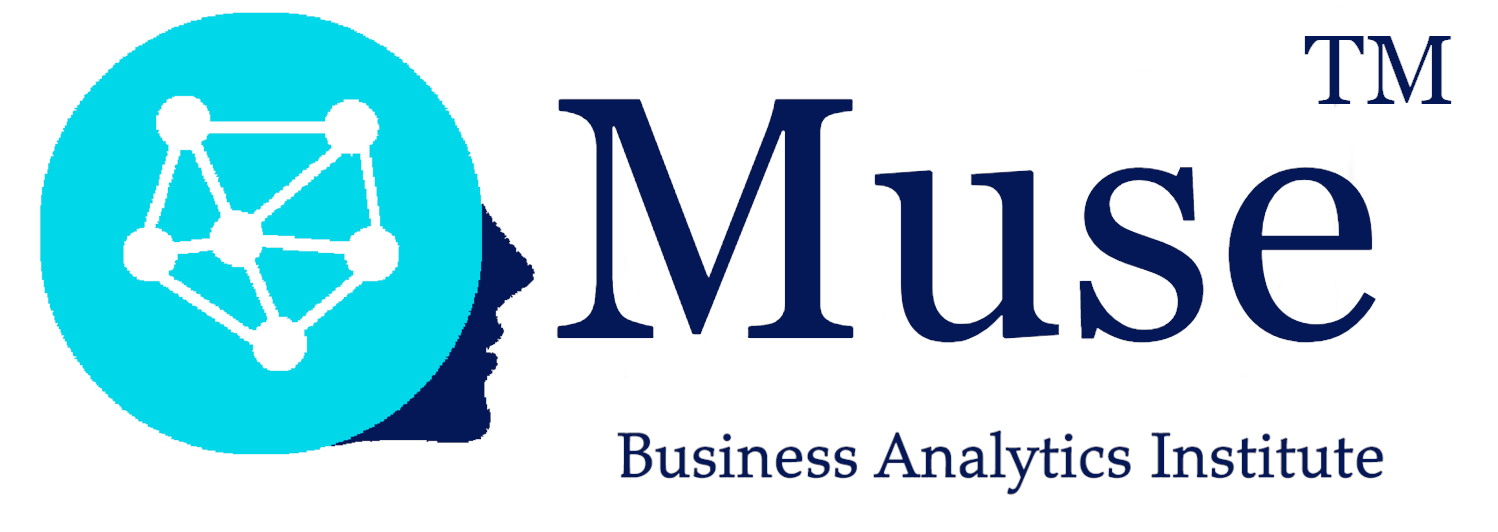Can an artificial intelligence judge?
Source: iPhilo
With the technical advances of machine learning (ML) and deep learning (DL) algorithms, artificial intelligence (AI) is capable of learning, making decisions, or creating artistic or literary works (image, text, code...).
Artificial intelligence (AI) is capable of surpassing human intelligence (HI). So much so that in the United States, in some cases of predictive justice, pre-trial detention is ordered by an AI and no longer by a judge.
While the use of a program in the field of justice is an advantage in the sense that human emotions do not influence the verdict. However, there are biases in the source code of the programs. Biases identical to those of humans (e.g., COMPAS case, presence of racial bias in the algorithm of probability of recidivism, Propublica, 2016). However, a simple correction of the program's algorithms would not be the solution to this problem.
For Associate Professor of Philosophy Eric Delassus, judgment involves applying a general rule to an individual case. AI relies on statistics to make decisions. But human decision-making is in no way comparable to that of an algorithm; it is much more than a matter of statistics and binary language.
In addition to discussing the difference between AI and HI in the application of law, the author introduces the problem of the loss of control of the legal field by lawyers in favor of the companies that develop the programs.

